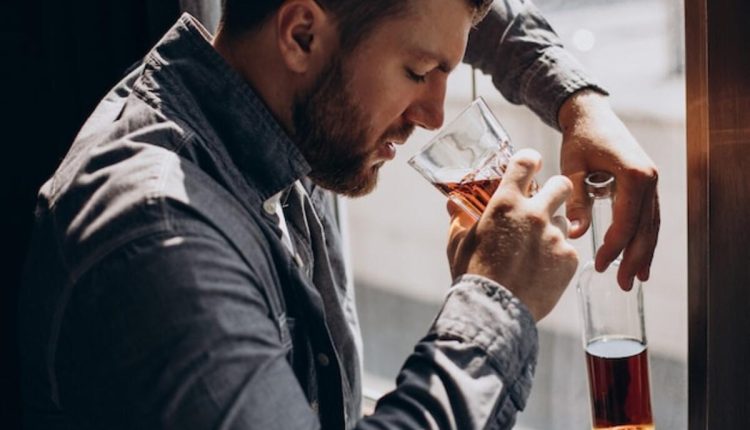Alternative Therapies in Addiction Treatment: Exploring Creative and Holistic Approaches
Introduction
Addiction is a complex and multifaceted condition that often requires a comprehensive and individualized approach to treatment. In addition to traditional therapies, alternative therapies have gained recognition and acceptance in addiction treatment programs. These therapies, which include art therapy, music therapy, and equine therapy, offer creative and holistic approaches to recovery, addressing the physical, emotional, and psychological aspects of addiction. In this article, we will explore how these alternative therapies can complement traditional addiction treatment and provide individuals in recovery with valuable tools for healing and self-discovery. What do you consider about Trauma and Alcohol Addiction.
1. Art Therapy:
– Expression and Self-Exploration: Art therapy provides individuals with a creative outlet to express their emotions and experiences. Through various art forms, such as painting, drawing, or sculpture, individuals can explore their inner thoughts and feelings, often uncovering underlying issues that contribute to addiction.
– Stress Reduction: Engaging in art-making can be soothing and meditative, helping individuals manage stress and anxiety, which are common triggers for substance abuse.
– Improved Communication: For some individuals, expressing themselves verbally can be challenging. Art therapy offers an alternative means of communication, allowing individuals to convey their emotions and experiences without the need for words.
– Self-Esteem and Confidence: Success in creating art can boost self-esteem and confidence, which are essential for recovery and maintaining sobriety.
2. Music Therapy:
– Emotional Expression: Music therapy harnesses the power of music to help individuals express and process emotions. Music can evoke powerful feelings and memories, providing a safe and constructive outlet for emotional release.
– Stress Reduction and Relaxation: Music can calm the mind and reduce stress. Music therapy techniques, such as guided imagery with music, can help individuals relax and manage cravings or anxiety.
– Coping Skills: Music therapy can teach individuals healthy coping mechanisms and emotional regulation skills through activities like songwriting or playing musical instruments.
– Connection and Communication: Group music therapy sessions promote social connection and communication skills, helping individuals build supportive relationships with peers in recovery.
3. Equine Therapy:
– Empowerment and Self-Awareness: Equine therapy involves working with horses and can be a powerful tool for building self-awareness and self-confidence. The process of interacting with and caring for horses can empower individuals in recovery.
– Trust and Communication: Developing a bond with a horse requires trust and effective communication. These skills can translate into healthier interpersonal relationships and improved communication with others.
– Responsibility and Accountability: Caring for a horse teaches responsibility and accountability, skills that are essential for maintaining sobriety and a stable, drug-free life.
– Emotional Regulation: Horses are highly attuned to human emotions, making them excellent partners in helping individuals regulate their emotional responses and learn to manage stress and frustration.
Integration with Traditional Treatment
Alternative therapies like art therapy, music therapy, and equine therapy are most effective when integrated into a comprehensive addiction treatment program. These therapies should complement evidence-based approaches such as counseling, group therapy, and medical treatment. The combination of traditional and alternative therapies can address the physical, emotional, and psychological aspects of addiction, providing individuals with a holistic and well-rounded approach to recovery.
Conclusion
Alternative therapies in addiction treatment offer creative and holistic approaches to healing and recovery. Art therapy, music therapy, and equine therapy empower individuals to express their emotions, develop coping skills, and build self-esteem and self-awareness. When integrated into a comprehensive treatment plan, these alternative therapies can enhance the effectiveness of addiction recovery programs and provide individuals with valuable tools for maintaining sobriety and building a healthier, drug-free life.
Read also: The Distillate Syringe

